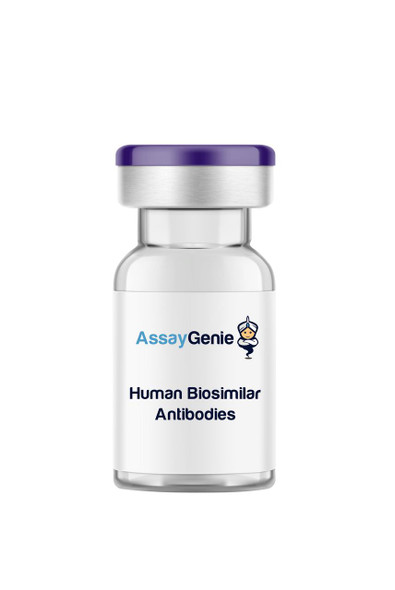Tabalumab is a human monoclonal anti-B-cell activating factor (BAFF) antibody intended for the treatment of autoimmune diseases and B cell malignancies.1 BAFF is a membrane-bound, type II transmembrane protein that belongs to the tumor necrosis factor (TNF) ligand family and is the ligand for BR3, TACI, and BCMA. BAFF is an immunostimulant necessary for maintaining normal immunity. This cytokine has also been shown to play an important role in the proliferation and differentiation of B cells. An inadequate level of BAFF leads to immunodeficiency whilst an elevated level of BAFF causes unusually high antibody production that results in the development of autoimmune diseases such as systemic lupus erythematosus and rheumatoid arthritis. Additionally, BAFF has been found in renal transplant biopsies with acute rejection.2 Furthermore, BAFF may be a mediator of food-related inflammation, and is associated with multiple dietary ailments including celiac disease, insulin resistance, diabetes, and obesity.3 Interestingly, it is suspected that BAFF may be involved in non-IgE-mediated reactions because there is no known correlation between BAFF and IgE.4 More research is needed to unlock the enormous therapeutic potential for BAFF antagonists. This cost-effective, research-grade Anti-Human CD257 (BAFF) (Tabalumab) utilizes the same variable regions from the therapeutic antibody Tabalumab making it ideal for research projects.






